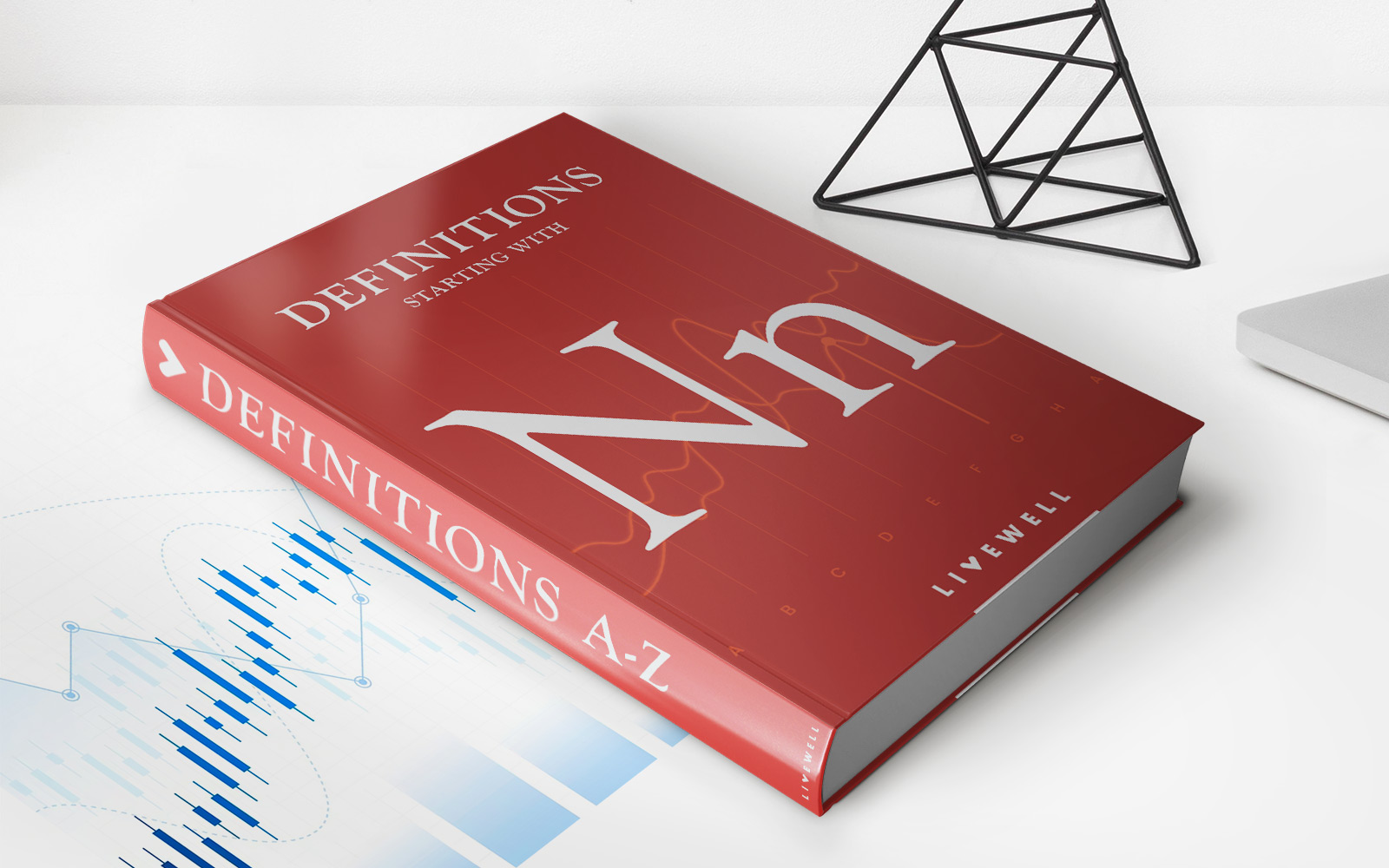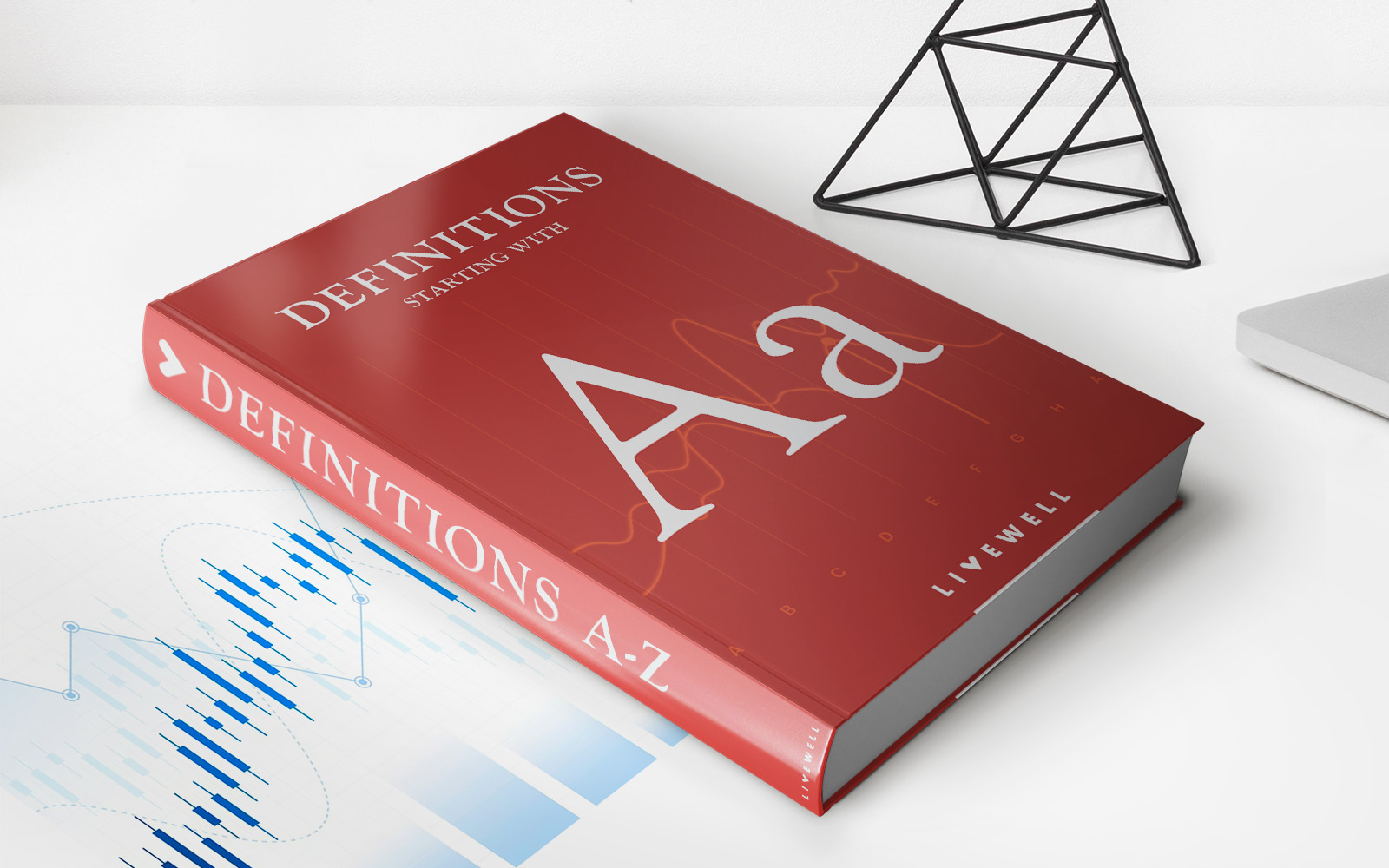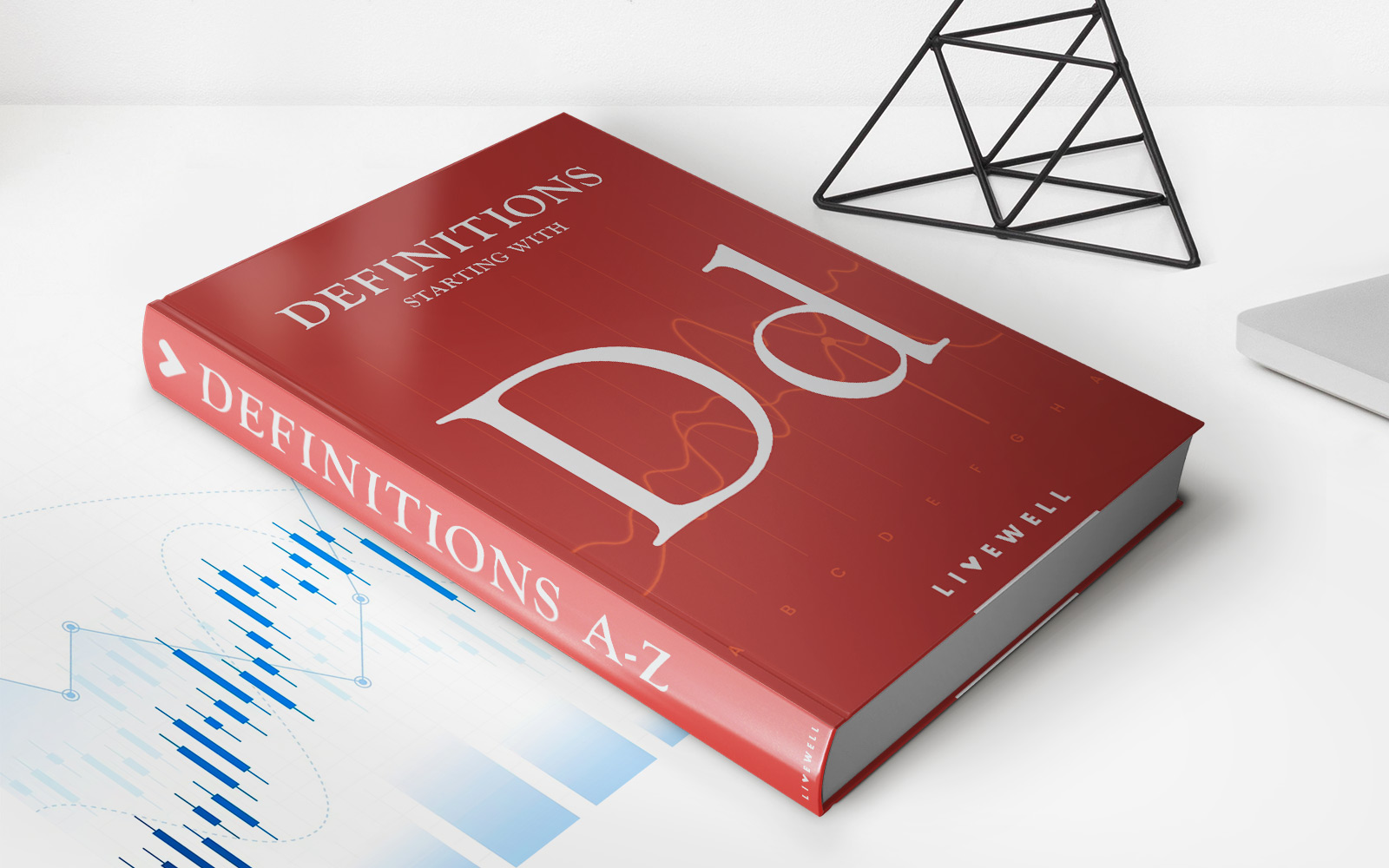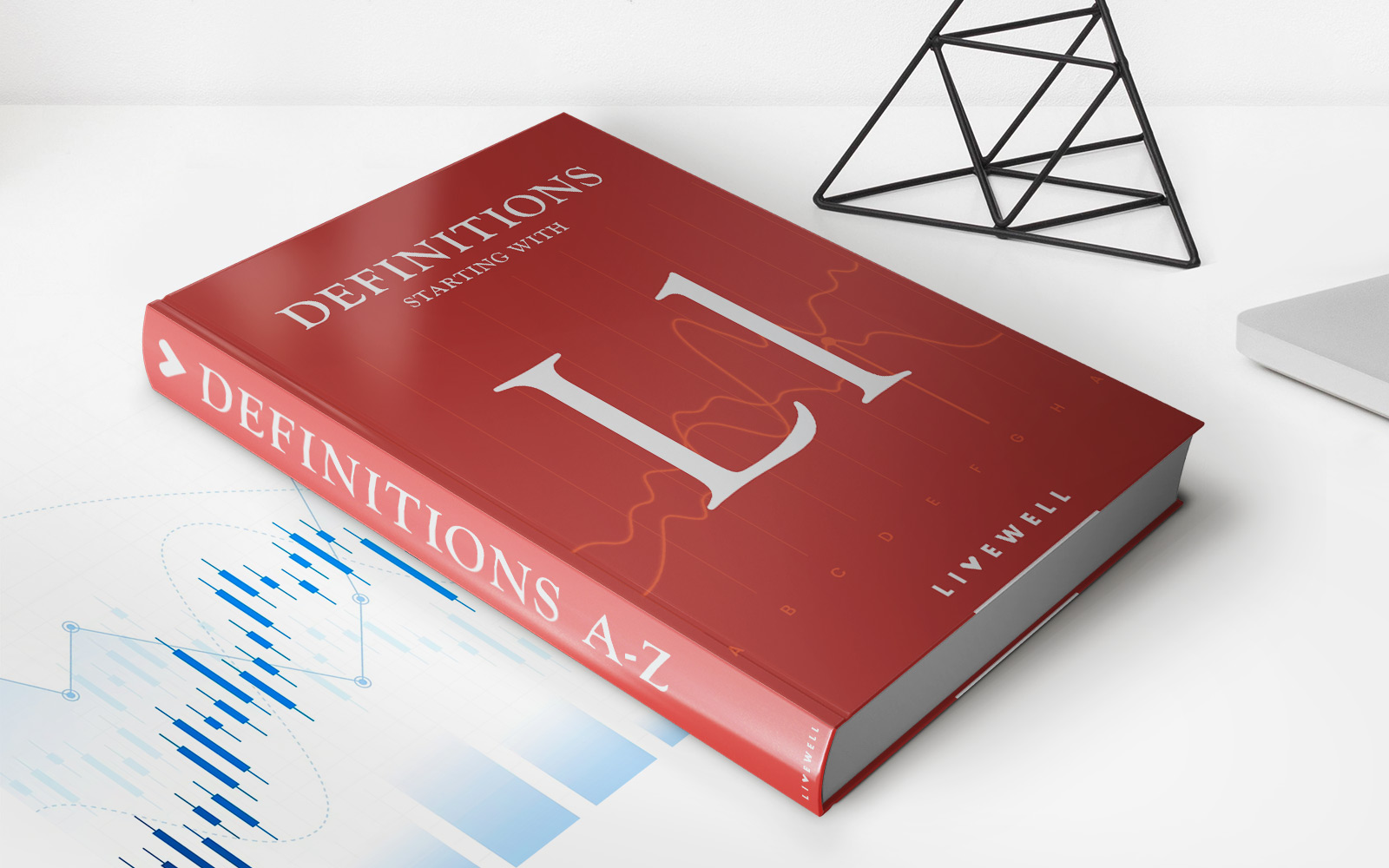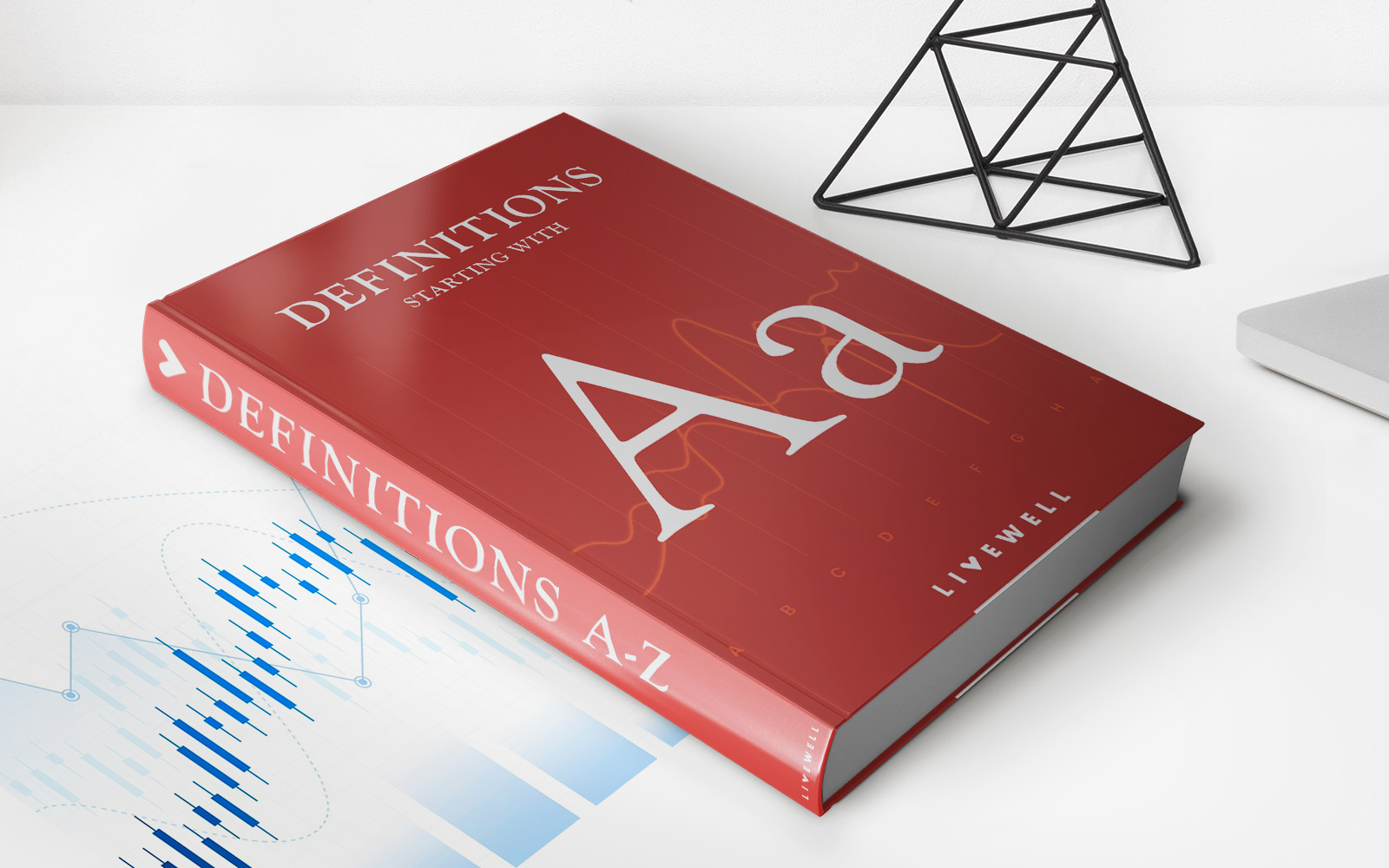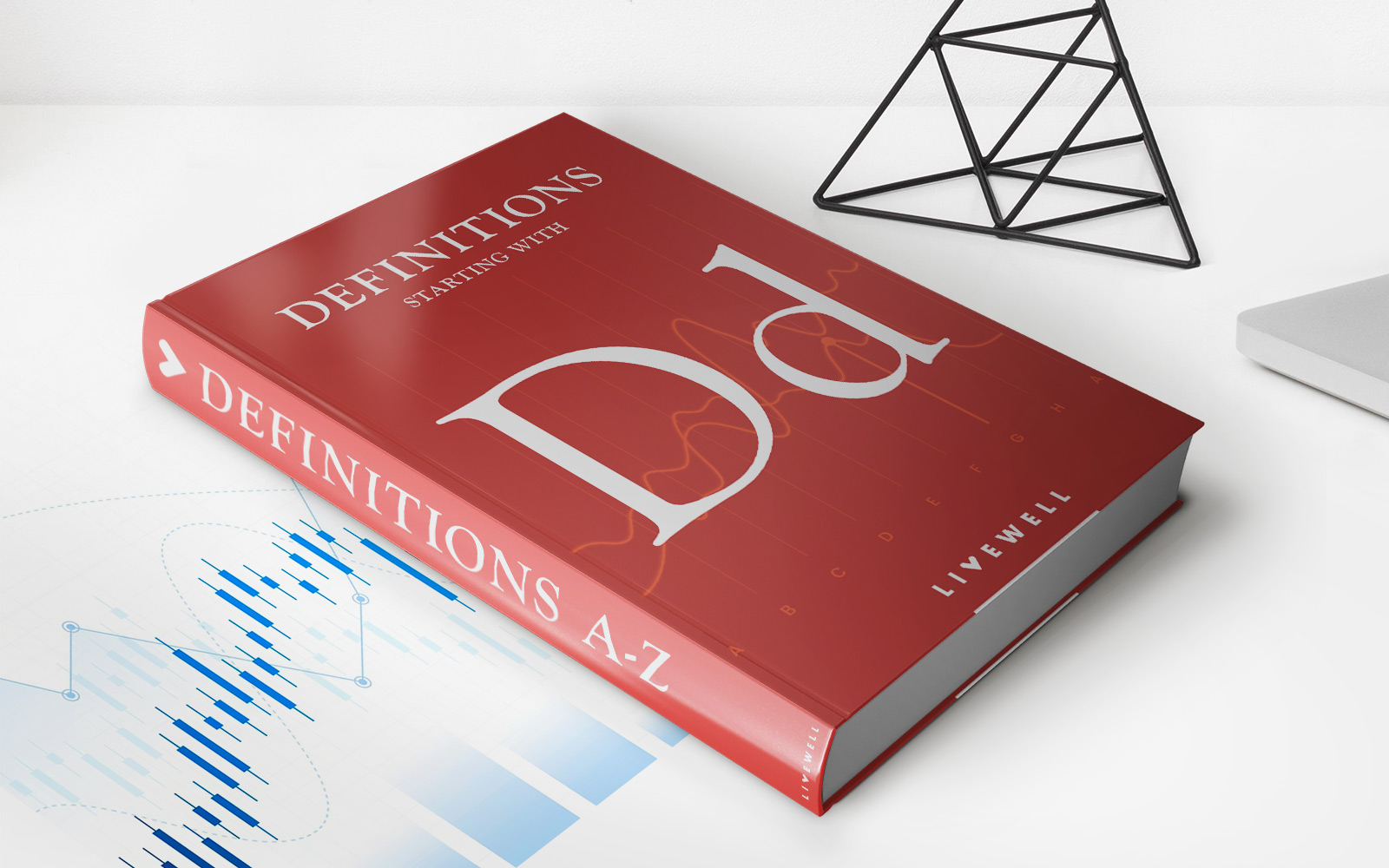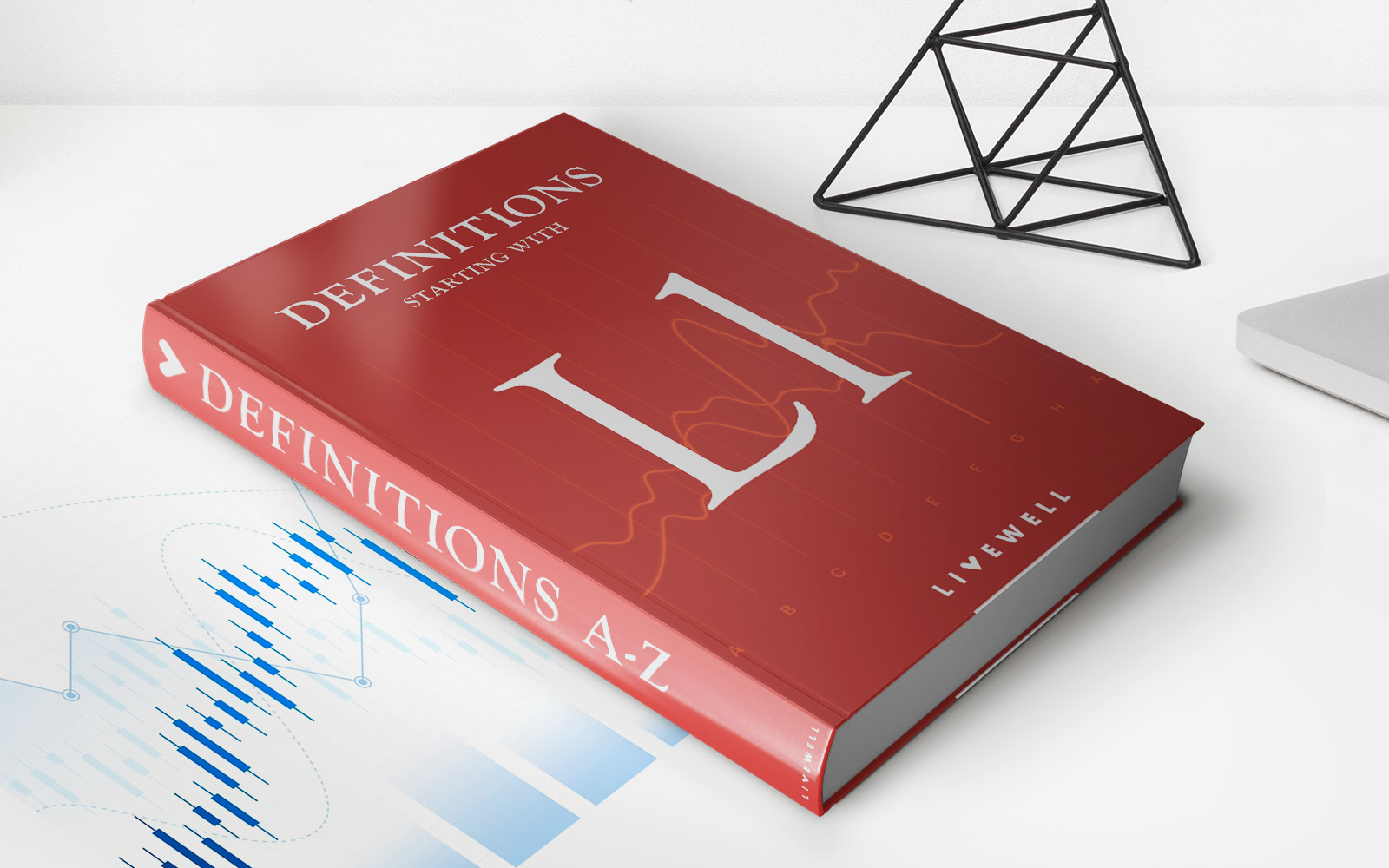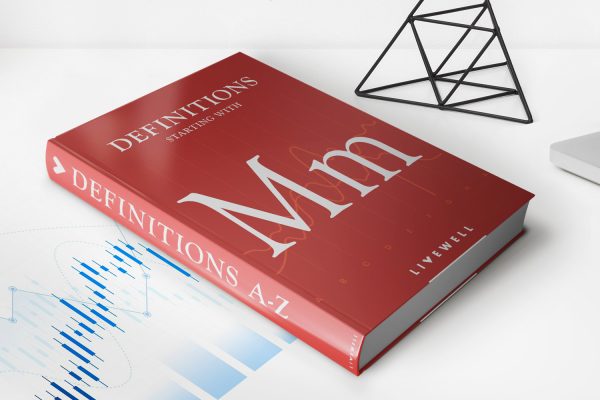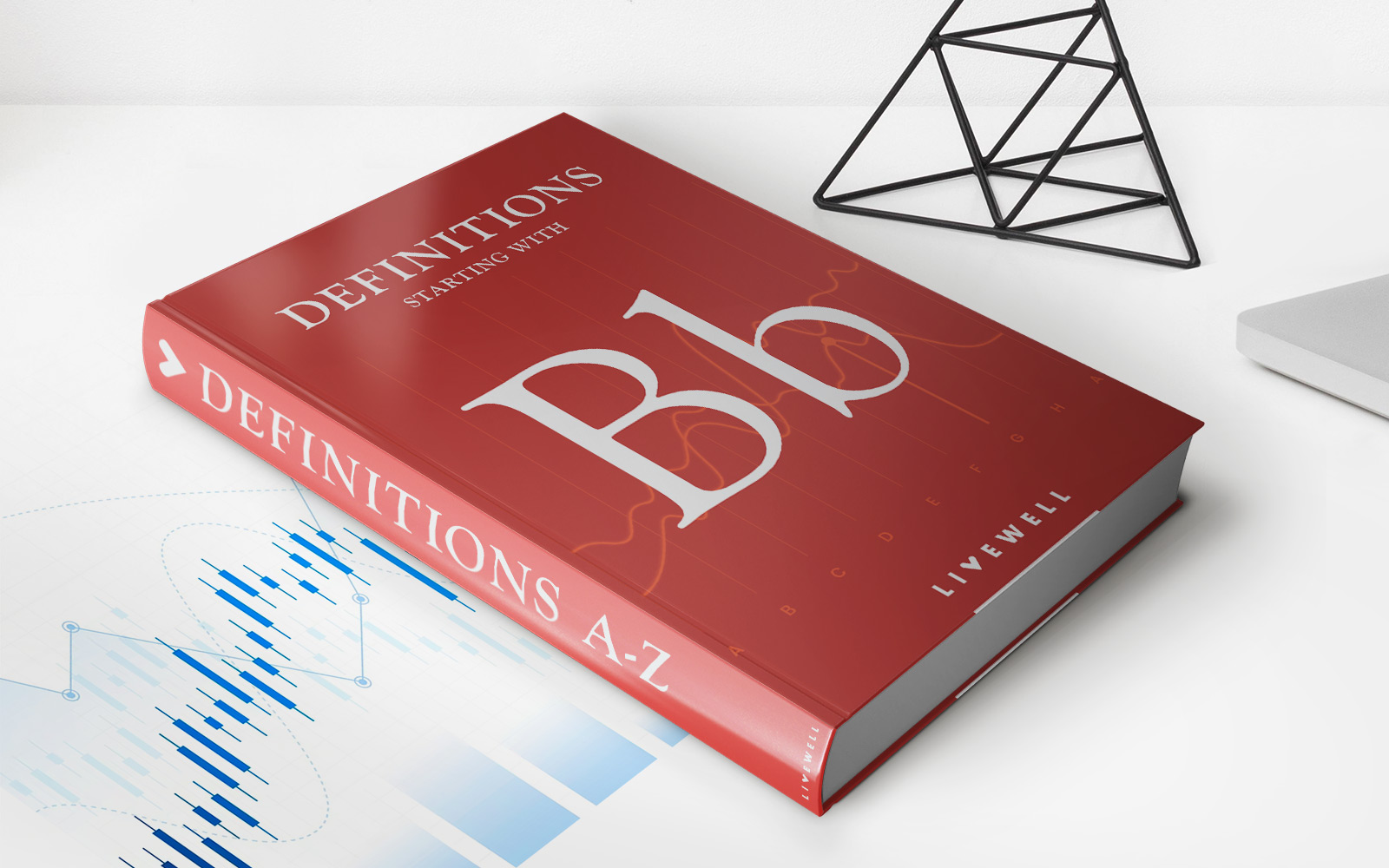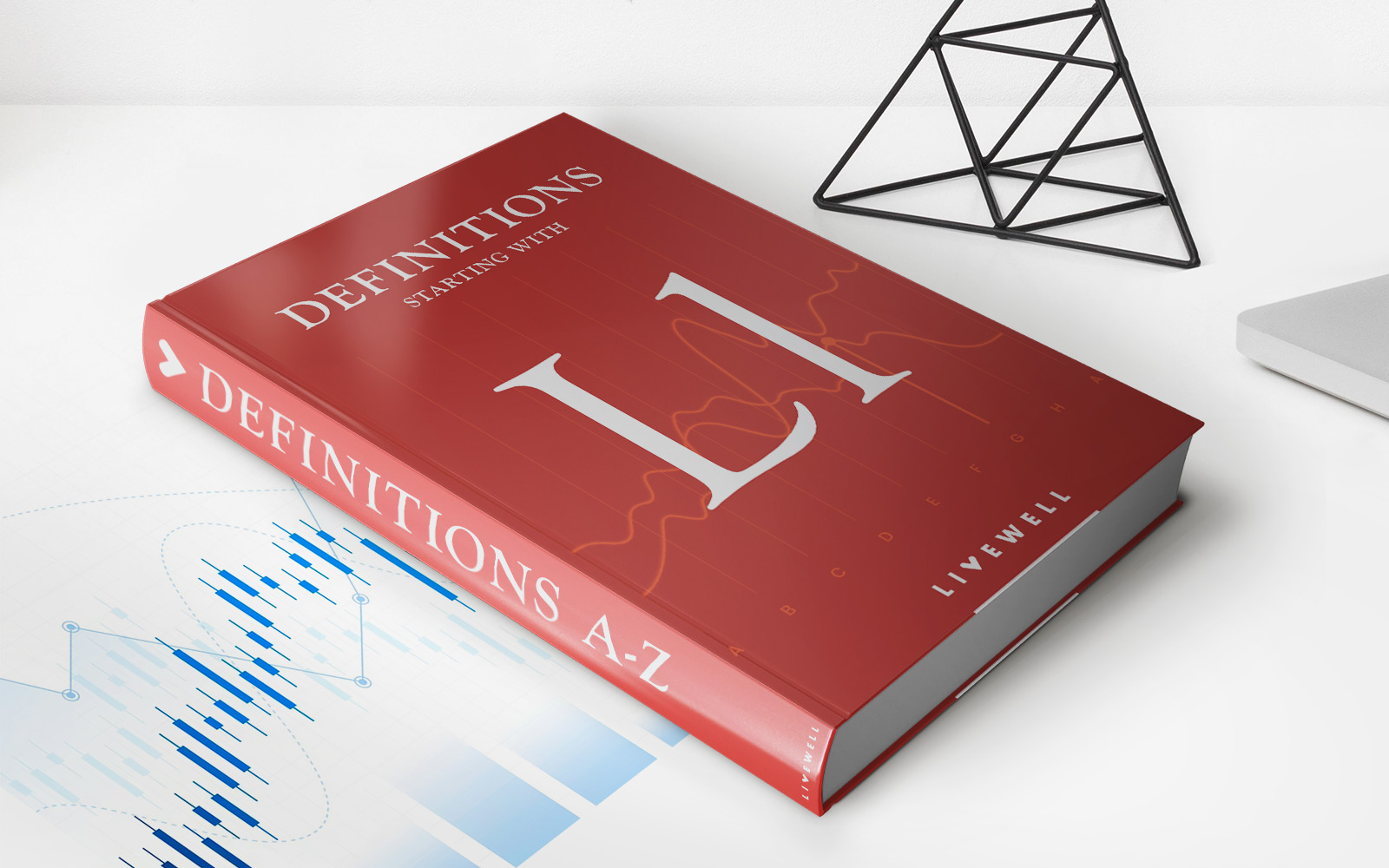Home>Finance>Instrument: Definition In Finance, Economics, And Law
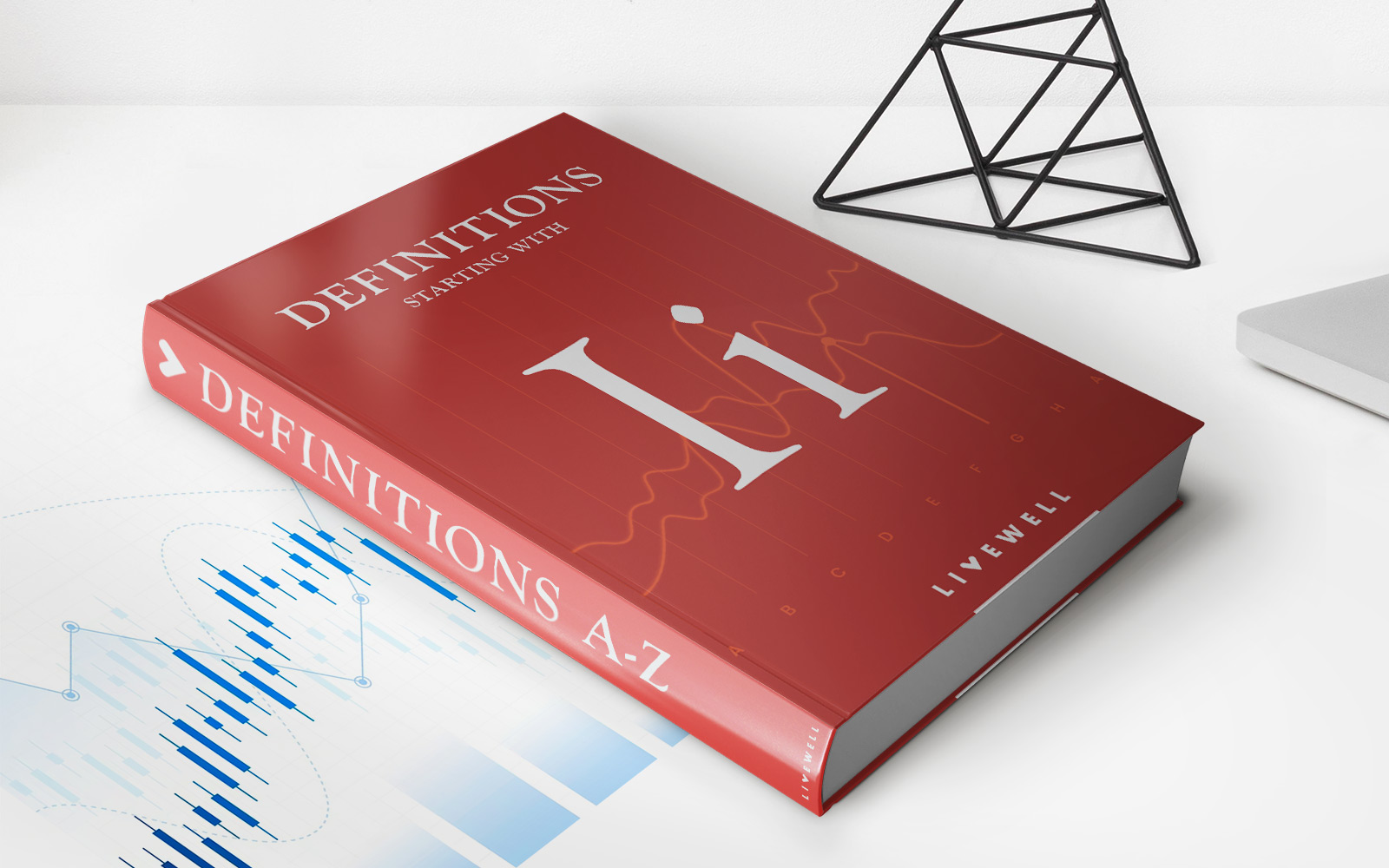

Finance
Instrument: Definition In Finance, Economics, And Law
Published: December 10, 2023
Learn the meaning of "instrument" in finance, economics, and law. Explore its significance in various financial transactions and legal contexts.
(Many of the links in this article redirect to a specific reviewed product. Your purchase of these products through affiliate links helps to generate commission for LiveWell, at no extra cost. Learn more)
Instrument: Definition in Finance, Economics, and Law
When it comes to the world of finance, economics, and law, understanding the concept of instruments is essential. But what exactly does the term “instrument” mean in these fields? In this blog post, we will explore the definition of this term and its significance in different areas of study.
Key Takeaways:
- An instrument is a legally recognized document or mechanism used to represent a right, obligation, or ownership interest in a financial or legal context.
- Instruments play a crucial role in facilitating various transactions, such as investments, borrowing, lending, and the transfer of assets.
Finance
In the realm of finance, an instrument refers to a legally recognized document or mechanism that represents a right, obligation, or ownership interest in a financial context. These instruments can take various forms, such as stocks, bonds, derivatives, options, futures contracts, and more.
Financial instruments are used to raise capital, facilitate investment, manage risk, and transfer assets between different parties. For example, stocks represent ownership in a company, bond instruments represent debt obligations, and options give the holder the right to buy or sell an underlying asset at a predetermined price.
It is important for investors and financial professionals to understand these instruments as they form the foundation of financial markets and provide opportunities for wealth creation and risk management.
Economics
In economics, an instrument refers to a tool or mechanism used to achieve a desired policy outcome. Instruments in this context can include monetary policy tools employed by central banks, fiscal policy measures implemented by governments, and regulatory mechanisms used to influence economic behavior.
For example, central banks often use interest rates as an instrument to control inflation and stimulate economic growth. Similarly, governments may use taxation policies or subsidies as instruments to shape consumer behavior or promote specific industries.
Understanding the various instruments employed in economics is crucial for policymakers, economists, and analysts to evaluate the impact of policies on the economy and make informed decisions to achieve desired outcomes.
Law
In the field of law, an instrument refers to a legally binding document that establishes rights, duties, or relationships between different parties. These instruments can take the form of contracts, deeds, wills, promissory notes, and more.
Legal instruments serve as evidence of an agreement or transaction, providing clarity on the rights and obligations of the involved parties. For example, a contract is an instrument that outlines the terms and conditions of a business deal, ensuring that all parties are aware of their responsibilities.
Understanding legal instruments is essential for lawyers, judges, and individuals navigating the legal system to protect their rights and ensure compliance with the law.
Conclusion
Instruments play a vital role in finance, economics, and law, serving as mechanisms to represent rights, obligations, and ownership interests. Whether in the form of financial securities, policy tools, or legal documents, understanding these instruments is crucial for professionals and individuals alike.
So the next time you hear the term “instrument” in a financial, economic, or legal context, you’ll have a clearer understanding of its significance and how it shapes the world around us.
